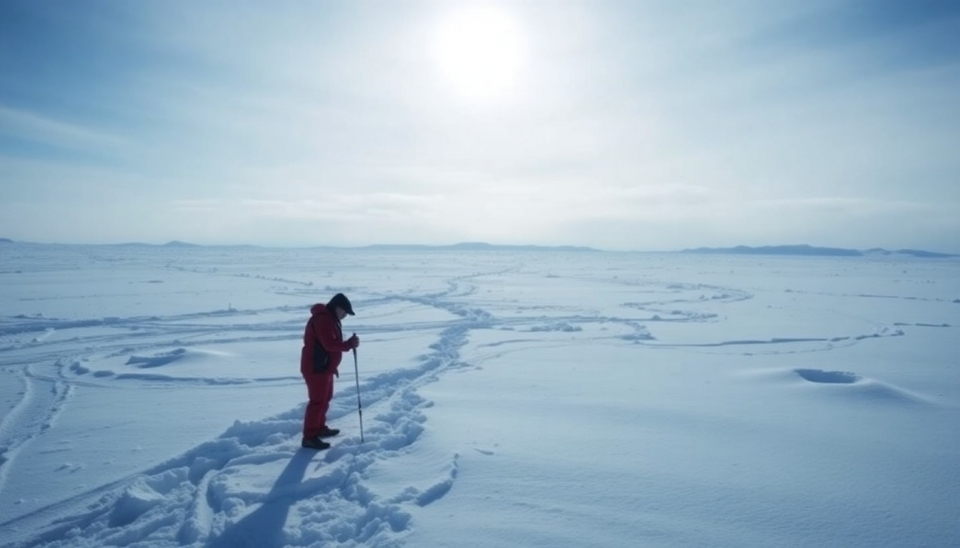
Europe is set to face an intense blast of Arctic cold weather as recent reports indicate a significant drop in natural gas storage levels across the continent. This sharp decline has raised concerns among energy analysts and residents alike as supply constraints could lead to a challenging economic landscape during the frigid months ahead.
The news comes as parts of Europe prepare for plunging temperatures that could hinder heating systems and essential services. It is expected that frigid air masses will sweep through regions already grappling with the aftermath of a tumultuous winter, where previous weather disruptions have strained energy resources. While meteorologists are still fine-tuning forecasts, the potential for extreme weather events suggests that challenges lie ahead for both consumers and businesses.
Experts note that these forecasts coincide with a time of year when gas consumption typically peaks, making the situation particularly precarious. As storage levels fall, prices are likely to surge, potentially exacerbating an already critical supply situation. The precariousness of the energy markets has already caused rising alarm as countries scramble to secure additional sources while maintaining adequate reserves in the face of a stringent winter.
Recent data shows that natural gas storage facilities are hovering at their lowest levels in several years, leading to fears that widespread energy shortages could occur. Analysts suggest that countries in Europe must prioritize energy conservation measures and seek alternative energy sources to mitigate the impact of the expected cold snap. Additionally, the pressure on public services to maintain sufficient heating during these temperatures is growing.
As this extreme weather looms, the European gas markets have begun to react, with prices remaining volatile amidst speculation about future supply constraints. Global energy dynamics are also playing a role, with shifting geopolitical tensions and supply chain disruptions further complicating the scenario. Europe's reliance on natural gas imports from a variety of sources adds to the uncertainty, as nations consider their strategic options in light of tight supplies and high demand.
In response to this impending crisis, government officials and energy providers are urging citizens to take precautionary measures to conserve energy. Simple actions like lowering thermostats, using energy-efficient appliances, and minimizing heating use can collectively make a significant difference. There are also discussions surrounding the possibility of implementing energy rationing if the situation worsens, especially for industrial consumers who may be hit hardest by supply shortages.
As the weather outlook turns bleak, it is imperative for both policymakers and citizens to prepare for the challenges ahead. The coming weeks could very well test Europe’s infrastructure and resilience in the face of extreme cold and diminishing gas supplies. Only time will tell if the continent can navigate these treacherous conditions, but the urgency for action is now more pronounced than ever.
In conclusion, Europe is on the brink of experiencing a severe cold spell that could have dire consequences for its energy supply and overall economy. With dwindling gas storage levels and a potential spike in energy prices, the continent must brace itself for a challenging winter and rely on collective efforts to weather the storm.
#EuropeCold #NaturalGasCrisis #EnergyShortage #WinterWeather #GasPrices #EnergyConservation
Author: Emily Collins




